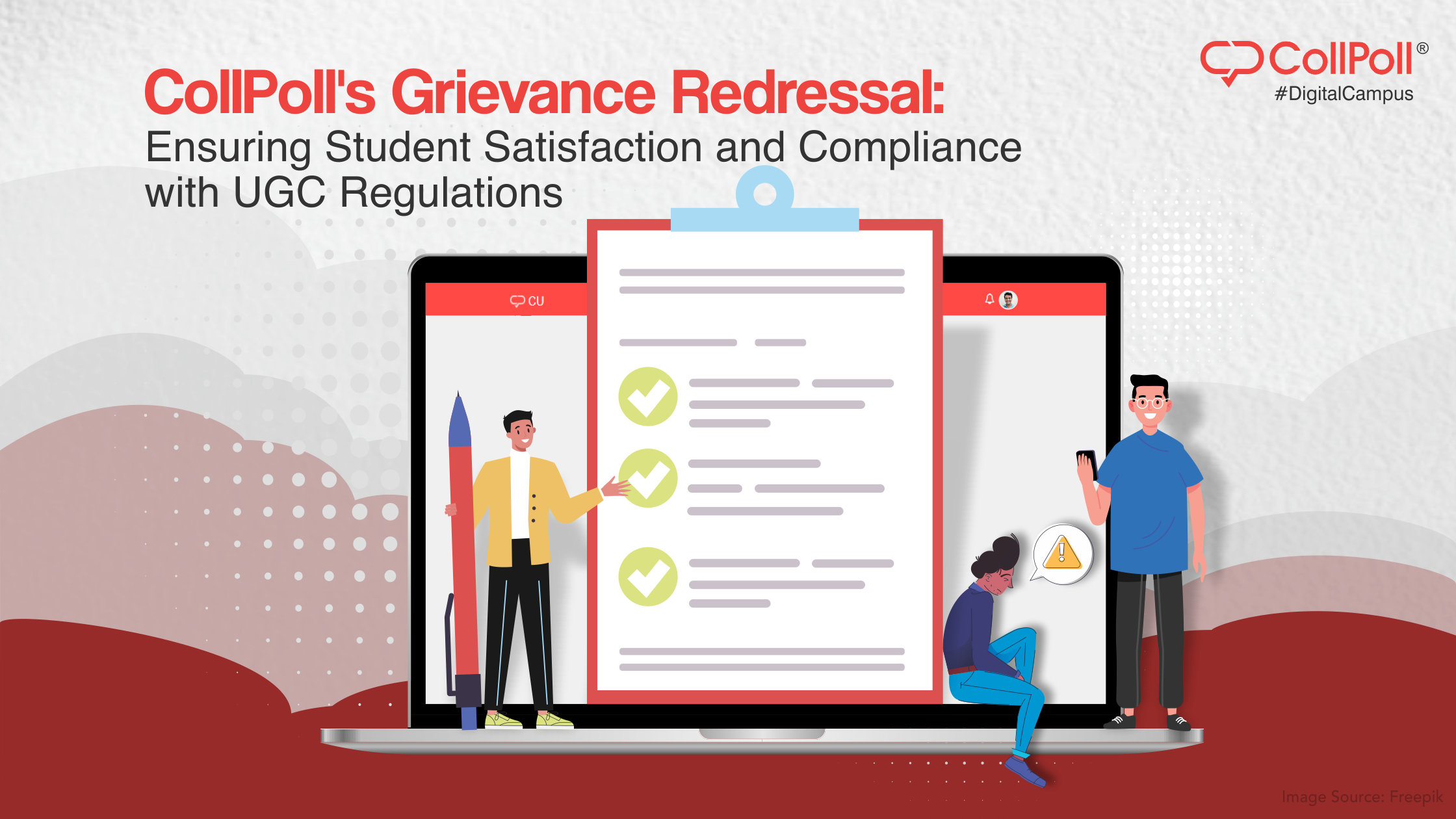Researchers have found that the fear of failure is one of the top causes of academic stress. No wonder, then, that students get stressed by the very mention of examinations. If left unchecked, this stress can have major consequences on their mental health. A 2021 Kerala-based study by the Psychological Resource Centre found that 9.9% of the surveyed students struggled with ‘moderately severe’ depression, while 6% faced ‘severe’ depression.
Examinations serve a necessary purpose in the academic system. However, students are already struggling with high competition and the weight of expectations – others’ and their own – and exams should not add to this stress. Educators, therefore, play an important role in helping students cope with exam stress.
Here are some practices and tips you can share with your students that will help them overcome exam stress.
Tips to cope with exam stress
Yoga
Yoga is the process of calming the body along with deep breathing, muscle relaxation, and increasing flexibility. It helps to calm down the sympathetic nervous system, decreases high heart rates, and relaxes the mind.
Studying too long and hard for exams can lead to headaches. In such moments, a little time should be set apart for yoga. It can reduce headaches, clear the mind, and bring down the body’s stress levels.
Some yoga activities that are beneficial include:
- Light breathing and stretching activities
- Surya Namaskar
- Tadasana, or ‘palm tree’ pose
- Padahastasan, or hand-to-foot pose
- Agnisar Kriya, which helps with digestion
- Kalpalbhati Kriya, which calms the brain
- Sheetali Pranayama, which uses ‘cooling’ breaths
- Bhramari Pranayama, or humming bee breath
- Om meditation
Social Support
When stress spirals out of control, it can make people think that they are all alone, and can lead to a build-up of emotions. Having the support of their family members, teachers, friends, etc. enables students to open up and share those difficult feelings.
Social support provides a space for students to vent their thoughts. Hence, before the exams roll around, encourage your students to share their exam-related fears with someone. Not only does this help during exams, but it is a lifelong factor to improve wellbeing.
You can also connect the students to a counsellor who can provide science-backed insights and techniques for them to deal with exam stress.

Music
Music is a great way for students to relax and lower their exam-related stress. Studies have shown that music can create a positive mood, improve concentration, and lower tension. But, what type of music should students listen to and how does it work?
A few things to keep in mind while listening to music before an exam or while studying:
- The music being played must be calm and at a low volume.
- It should not be fast-paced because attention will be lowered.
- Music at a very high volume will be distracting.
- The music track can be played in the background while studying, or just before exams.
In one study, 75% of students reported feeling calm and having more attention when listening to calming music. This goes to show that music isn’t just about having fun; it also has mental health benefits.
Sleep
Sleep is the most overlooked factor that greatly helps with health and wellbeing. College students are known for sleeping and waking up at irregular hours due to their academic commitments. But those late-night study sessions are not good for their health. Getting adequate sleep, on the other hand, can help students reduce the risk of burnout and stress.
A study found that over 60% of Indian college students do not sleep well. Imagine the effect this has on the body and mind. By sleeping on time every day, this problem can be reduced. Good sleep is not just about small naps; it means getting 7-9 hours of uninterrupted rest during the night time, in accordance with the body’s Circadian rhythm.
Time management
Stress arises when there is too much to do, and not enough time, energy, or capacity to do it. That is exactly why college students feel so tense before their exams. When there are mountains of chapters to cover, and not enough time, it can be scary. That is where time management comes in.
Simply organising a few plans can lower college students’ stress. It can be confusing because there might be a lot of things to organise and keep track of. Here’s how students can improve their time-management skills:
- Make a checklist of all the chapters to be studied.
- Decide how much time each chapter should take to study and set time aside for that.
- Plan breaks in between so that there isn’t an overload of new information.
- Make time to do yoga, talk to friends or family, listen to music, and sleep well.
- Check things off the to-do list once they are done so that you feel motivated to continue.
These are some techniques students can use to organise their schedules and manage their time better. Being more organised also boosts one’s mood and lowers stress levels.
Exams play an important role in our lives, but health and happiness are forever. Helping students prioritise their wellbeing is important for healthy and thriving campuses.
Unlock answers to how you’re feeling today!
Click here to start your Emotional Wellbeing Journey
Instructions to complete the digital assessment:
- This assessment will take 10-12 mins to be completed, so set aside the required time and please give your honest response.
- Click on the link mentioned above and fill up all the details to register.
- After completing the digital assessment, you will receive a Preliminary report on your registered Email ID.





